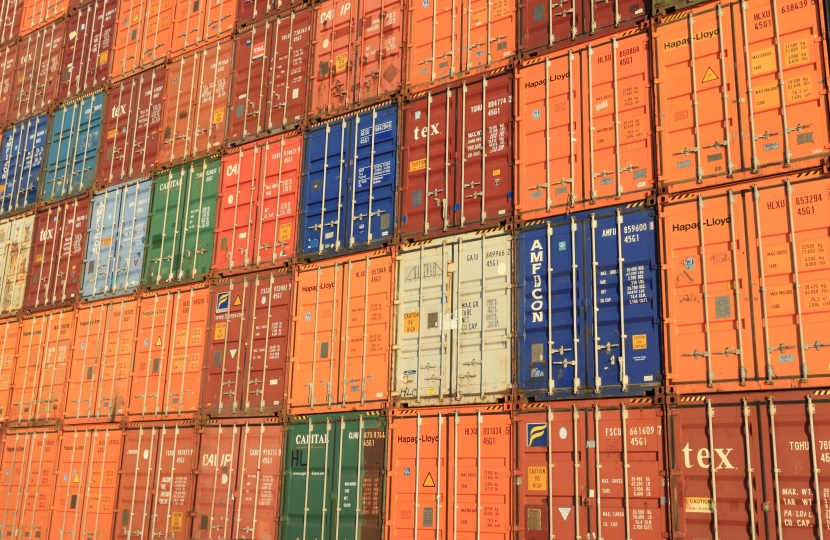
7th March 2018
Scope of the inquiry
The Public Accounts Committee is conducting inquiries looking at individual Departments’ readiness for Brexit, based on work conducted by the National Audit Office.
The Department for International Trade was created in July 2016 to plan new trade deals for the UK with non-EU countries. This evidence session is the first time the Department will give evidence to the Public Accounts Committee.
The Department has employed 3,745 staff by October 2017, stationed in 108 countries. These countries are grouped into 9 regions, each led by a trade commissioner.
Closer to home, the Department has to deliver several pieces of important legislation including the Taxation (Cross Border Trade) Bill, the Sanctions and Anti-Money Laundering Bill, and parts of the European Union (Withdrawal) Bill. It is also planning for the UK’s independent membership of the World Trade Organisation, and for a new Government Procurement Framework outside EU rules.
The Committee will ask both Permanent Secretaries from the Department about their preparedness for the UK’s trading position immediately following EU exit, about how the Department is progressing with informal trade talks across the world, and whether it is confident of delivering its extensive legislative programme.
Questions from Gillian Keegan MP
Q17 Gillian Keegan: I want to ask about inward investment, because you are responsible for inward investment to the UK outside the EU. We have been a huge beneficiary of inward investment largely, as Bridget said, because of the access that we provide to the gateway to the European market. Have you done some analysis on the impact that you foresee on the inward investment from outside the EU, which was coming to the UK, like Nissan, with a view to supplying the European market?
Antonia Romeo: We do analysis of the impact on inward investment from all sorts of options that we might take for which we have policy responsibility.
Q18 Gillian Keegan: This is quite specific and quite important. It is quite a big driver of jobs.
Antonia Romeo: I know. It is £1.2 trillion of—
Gillian Keegan: I have worked in car manufacturing, and I have benefited lots of times from jobs in those sectors. It is not something that you just analyse; it could actually have a massive impact on our economy.
Chair: Was there a question there, sorry?
Q19 Gillian Keegan: Have you analysed and what scenarios have you put in place to mitigate that?
Antonia Romeo: I say again that my Department is not responsible for the relationship with the EU—
Gillian Keegan: No, but for inward investment into the UK specifically—
Antonia Romeo: My analysts are very well involved in analysis that is going on across Government that looks at the implications for inward investment and for exports of different policy decisions that could be taken—and indeed, of potential outcomes of the negotiation.
Caroline Flint: Good afternoon. Page 13, column 1 shows the workstreams. You have identified eight of them. Ms Romeo, can you tell me how many of your workstreams are behind schedule against your original milestones, and what actions you have taken to address that?
Antonia Romeo: I know this will not be a welcome response, but it is difficult to respond in detail on the delivery readiness of individual workstreams because, as you know, they are sensitive to the EU negotiations. The Cabinet Secretary has written to the Committee about that. We are involved in the cross-Government bit of work which will be DExEU—

